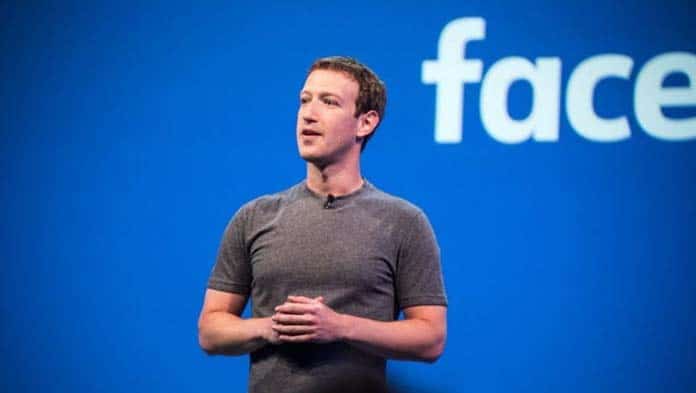The decision by Facebook to ban news from feeds in Australia took millions by surprise and highlighted the company’s power to control what we see.
Facebook’s move left the 40 per cent of Australians who regularly use it to access news media high and dry.
It was a blow to the big media companies that use social media to reach their audiences but also to smaller outlets like The Saturday Paper and Overland magazine, as well as left publications like Solidarity and Green Left Weekly.
It also showed Facebook’s hypocrisy. While it claims to have problems shutting down misinformation from conspiracy theorists and Nazis, the company’s news ban closed the pages of organisations like Oxfam, Save the Children, Diversity Council Australia and the Australian Council of Social Service at a stroke.
Facebook’s shutdown was a calculated move to derail the Bill before parliament that would require companies that bring together other outlets’ publications to pay for the content—a law that would most affect Google and Facebook.
Mainstream media has lost a massive proportion of its income to the two big tech companies, who display news content they do not have to spend to create.
Newspapers used to make fat profits from advertising, especially lucrative classified ads for jobs, cars and real estate.
Nearly all that advertising has migrated to digital platforms. Newspapers can sell ads on their web sites but only at a fraction of the price they used to be able to charge for print.
The result has been massive job losses among journalists and allied workers—with only about 4000 employed now compared to about 12,000 just 15 years ago.
According to the journalists’ union, the MEAA, in the 2018-19 financial year, Facebook and Google earned more than $5 billion in digital advertising in Australia while paying only $117 million in tax.
The government’s Bill is an attempt to drag back some of that income for the benefit of those still publishing papers, principally News Corp and Nine – who complain that they have to employ journalists while Facebook and Google scoop up the profits.
All political parties use social media in their election campaigning. But they still defer to News and Nine because their publications set the political agenda for TV, radio and online.
So in this battle of media and social media barons, the Liberals are taking sides with Murdoch and Nine over Zuckerberg.
Google meanwhile has taken the easier option of paying Nine more than $30 million annually for five years for the use of its news content, with other deals struck so far with Seven West Media and Junkee Media.
This sounds impressive but Nine’s digital and publishing arm lost more than $50 million last year.
The government’s Bill will not bring back journalists’ jobs or increase media diversity. There is no requirement on media companies which get money from Google or Facebook to re-employ staff. The Bill, of course, does nothing for workers at the ABC who’ve lost their jobs because of the Liberals’ budget cuts.
Most specialist and regional media outlets are likely to get small change, if anything. There will continue to be “news deserts” – areas where there are no local news outlets and therefore no independent oversight of such things as council planning decisions.
The media industry is facing a real, structural crisis. But there is nothing to be gained for the left in lining up with Murdoch or Zuckerberg. Both are motivated by profits, not independent, quality journalism.
Instead, we need to be arguing for cracking down on tax loopholes that allow Facebook and Google to get away with paying minimal tax.
As the MEAA argues, that income should be directed to diversifying Australia’s media ownership—assisting start-ups, supporting regional and community journalism and supporting the national newswire AAP and public broadcasting.
As we publish, Facebook and the government are in further negotiations. If Facebook gets the concession it wants, we may return to “normal”.
But the Facebook ban is a reminder to the left that we cannot rely on billionaires when it comes to getting radical alternatives out to wider audiences.
We need to be on the streets, mobilising and building resistance and helping grow the number of activists who can take our arguments into their workplaces and communities directly.
By David Glanz
Make sure you don’t miss out on new articles from Solidarity: subscribe to our weekly newsletter.




